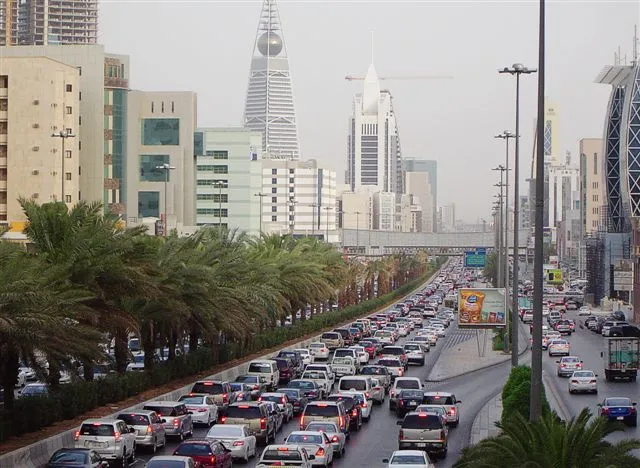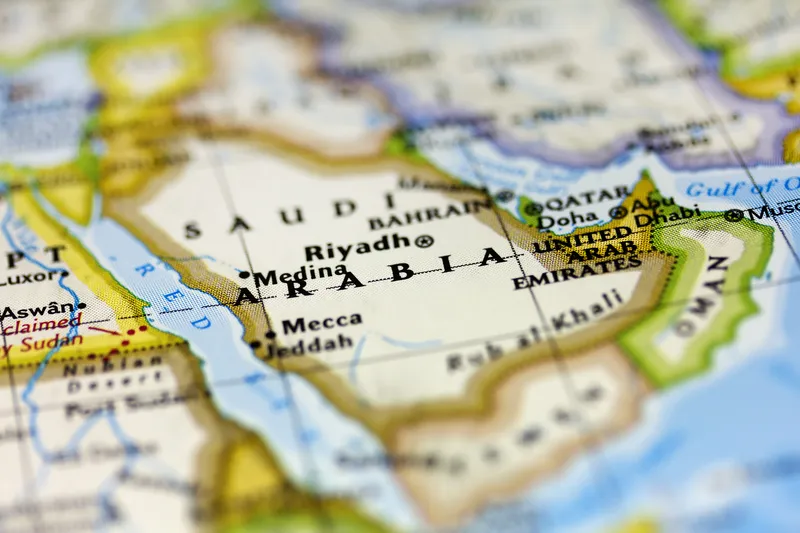Royal Haskoning DHV has been selected to tackle 30 major traffic bottlenecks in the Saudi Arabian capital Riyadh over the next two years. ArRiyadh Development Authority (ADA) decided to award the US$1.87million (€1.5mn) contract to the Dutch project management, engineering and consultancy service provider following a call for tenders. The population of Riyadh has risen dramatically over the past few decades and currently stands at around 5.4 million and, as a result, the city's roads and motorways are reach
August 13, 2012
Read time: 2 mins

Royal Haskoning DHV has been selected to tackle 30 major traffic bottlenecks in the Saudi Arabian capital Riyadh over the next two years.
ArRiyadh Development Authority (ADA) decided to award the US$1.87million (€1.5mn) contract to the Dutch project management, engineering and consultancy service provider following a call for tenders.The population of Riyadh has risen dramatically over the past few decades and currently stands at around 5.4 million and, as a result, the city's roads and motorways are reaching the limits of their capacity, with traffic jams frequent on many highways.
"Petrol costs just nine euro cents per litre in Saudi Arabia, and you can buy a new car for a fraction of its price in the Netherlands," said Riyadh project director Joep Coopmans.
"Almost everyone travels by car to the city centre, and people are used to parking virtually everywhere. Despite its large scale, the existing road network is unable to cope with the massive growth in car traffic. It is therefore imperative to devise solutions which help reduce travel times without major changes to the existing infrastructure.”
In consultation with the city's traffic police, Royal Haskoning DHV (RH DHV) will map the existing traffic flows based on an extensive monitoring program. The firm will then identify the main bottlenecks together with various stakeholders. Problems which can be quickly resolved will be tackled immediately, while the RH DHV will work out two or three possible solutions for more complex bottlenecks.
The project will involve collaboration between experts from various disciplines, including traffic engineers, traffic safety experts, road designers, and experts in Intelligent Transportation Systems (ITS).
"We previously worked on two road development projects in Riyadh, and on traffic management projects in Sofia, Beijing and other cities,” said Coopmans. “This extensive experience, combined with our long-standing relationship with ADA, has given the client confidence in our ability to tackle traffic problems.”








